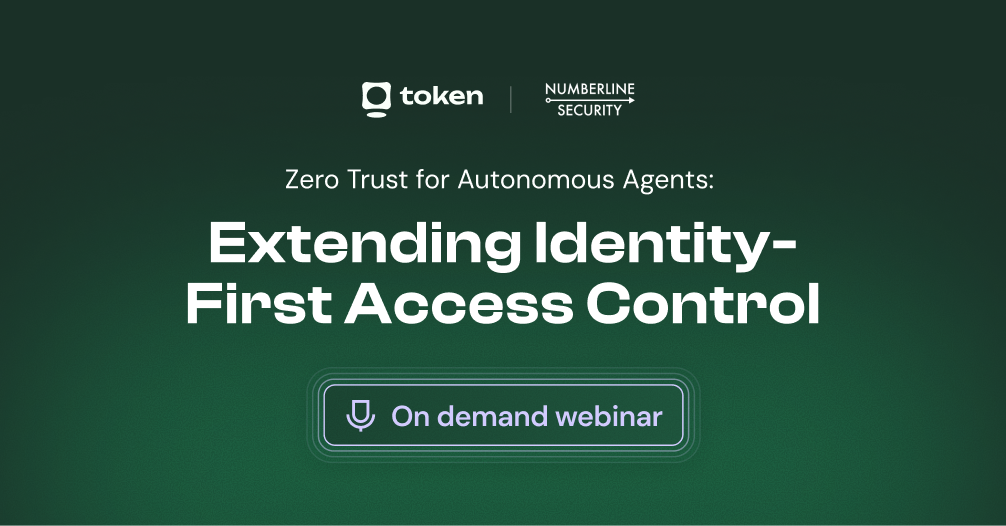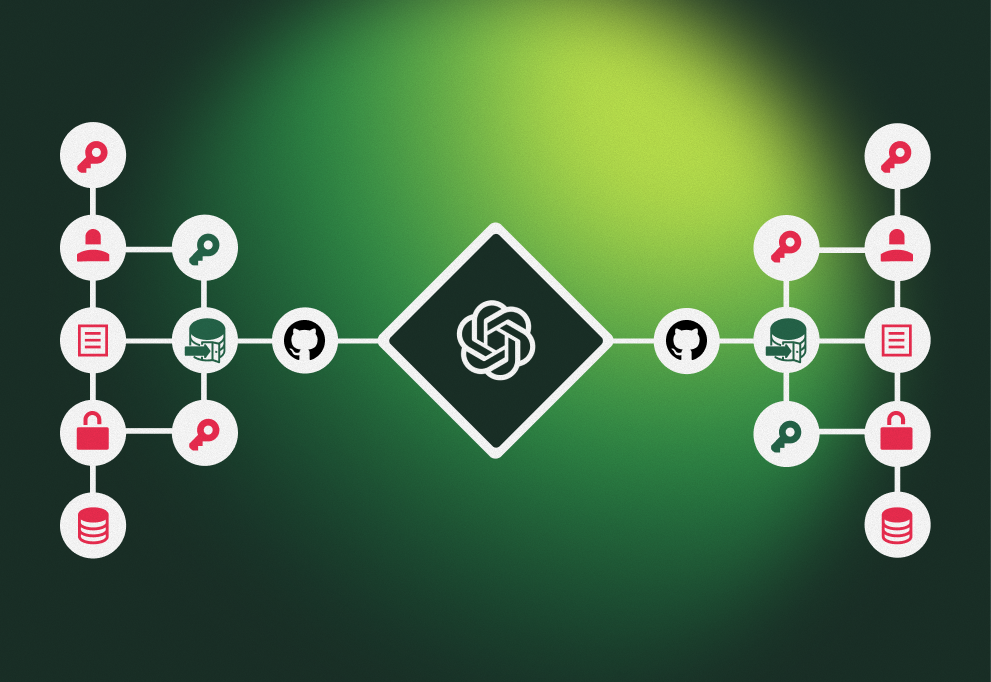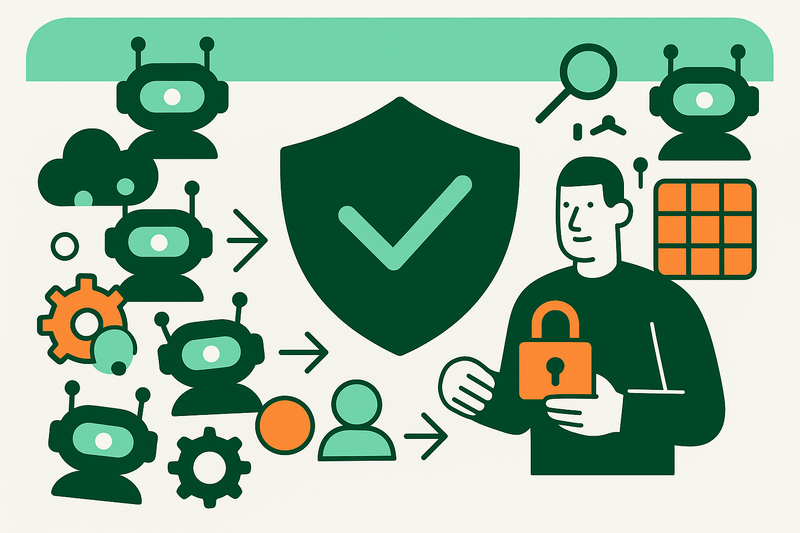Zero Trust for Autonomous Agents: Extending Identity-First Access Control





Zero Trust for Autonomous Agents: Extending Identity-First Access Control
As AI agents increasingly act autonomously in critical systems, security and identity teams must rethink how zero-trust principles apply to these non-human actors. Traditional frameworks weren’t designed with LLM-based assistants and bots in mind, leaving blind spots where automated actions may be implicitly trusted. Without proper guardrails, AI agents can overstep privileges, mishandle credentials, or expand the attack surface in dangerous ways.
In this webinar, Itamar Apelblat, CEO and Co-Founder of Token Security, and Jason Garbis, Founder and CEO of Numberline Security, will examine how to extend identity-first access control to autonomous agents. Drawing on their deep expertise in Zero Trust security, they will explore the emerging challenges of treating AI as operational entities within modern infrastructures. Using real-world examples, they will highlight the risks of failing to treat AI as first-class identities and share practical strategies for applying Zero Trust principles to AI-driven systems.
Why Attend:
If your organization is adopting AI assistants or autonomous services, this session will show you how to close critical security gaps. You’ll learn how to enforce least-privilege roles, strengthen credential management, and build continuous verification into AI operations—ensuring “never trust, always verify” applies to every agent action.
Key Takeaways:
How zero-trust principles can be extended to autonomous AI agents.
Why treating bots and LLM assistants as first-class identities is critical for security.
Practical ways to establish access and credential guardrails for AI-driven systems.
Approaches for monitoring and detecting unusual or risky agent activity.
A roadmap for safely deploying AI services without expanding your attack surface.

Zero Trust for Autonomous Agents: Extending Identity-First Access Control
As AI agents increasingly act autonomously in critical systems, security and identity teams must rethink how zero-trust principles apply to these non-human actors. Traditional frameworks weren’t designed with LLM-based assistants and bots in mind, leaving blind spots where automated actions may be implicitly trusted. Without proper guardrails, AI agents can overstep privileges, mishandle credentials, or expand the attack surface in dangerous ways.
In this webinar, Itamar Apelblat, CEO and Co-Founder of Token Security, and Jason Garbis, Founder and CEO of Numberline Security, will examine how to extend identity-first access control to autonomous agents. Drawing on their deep expertise in Zero Trust security, they will explore the emerging challenges of treating AI as operational entities within modern infrastructures. Using real-world examples, they will highlight the risks of failing to treat AI as first-class identities and share practical strategies for applying Zero Trust principles to AI-driven systems.
Why Attend:
If your organization is adopting AI assistants or autonomous services, this session will show you how to close critical security gaps. You’ll learn how to enforce least-privilege roles, strengthen credential management, and build continuous verification into AI operations—ensuring “never trust, always verify” applies to every agent action.
Key Takeaways:
How zero-trust principles can be extended to autonomous AI agents.
Why treating bots and LLM assistants as first-class identities is critical for security.
Practical ways to establish access and credential guardrails for AI-driven systems.
Approaches for monitoring and detecting unusual or risky agent activity.
A roadmap for safely deploying AI services without expanding your attack surface.
About Token Security
Token Security offers a centralized non-human identity security solution for modern cloud environments, mitigating risks and challenges originating from the inherent interaction between non-human and human identities.
Our solution offers comprehensive visibility into all non-human identities, providing granular inventory management. Using our AI-based engine, we offer a broader security context, conduct risk analysis, and establish identity ownership, enabling security teams to identify and automatically remediate critical risks. Additionally, we securely manage the lifecycle of all non-human identities.
.gif)





-p-500.png)
-p-500.png)


